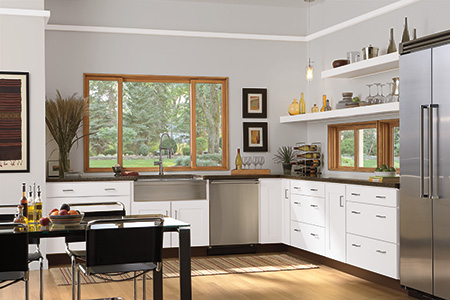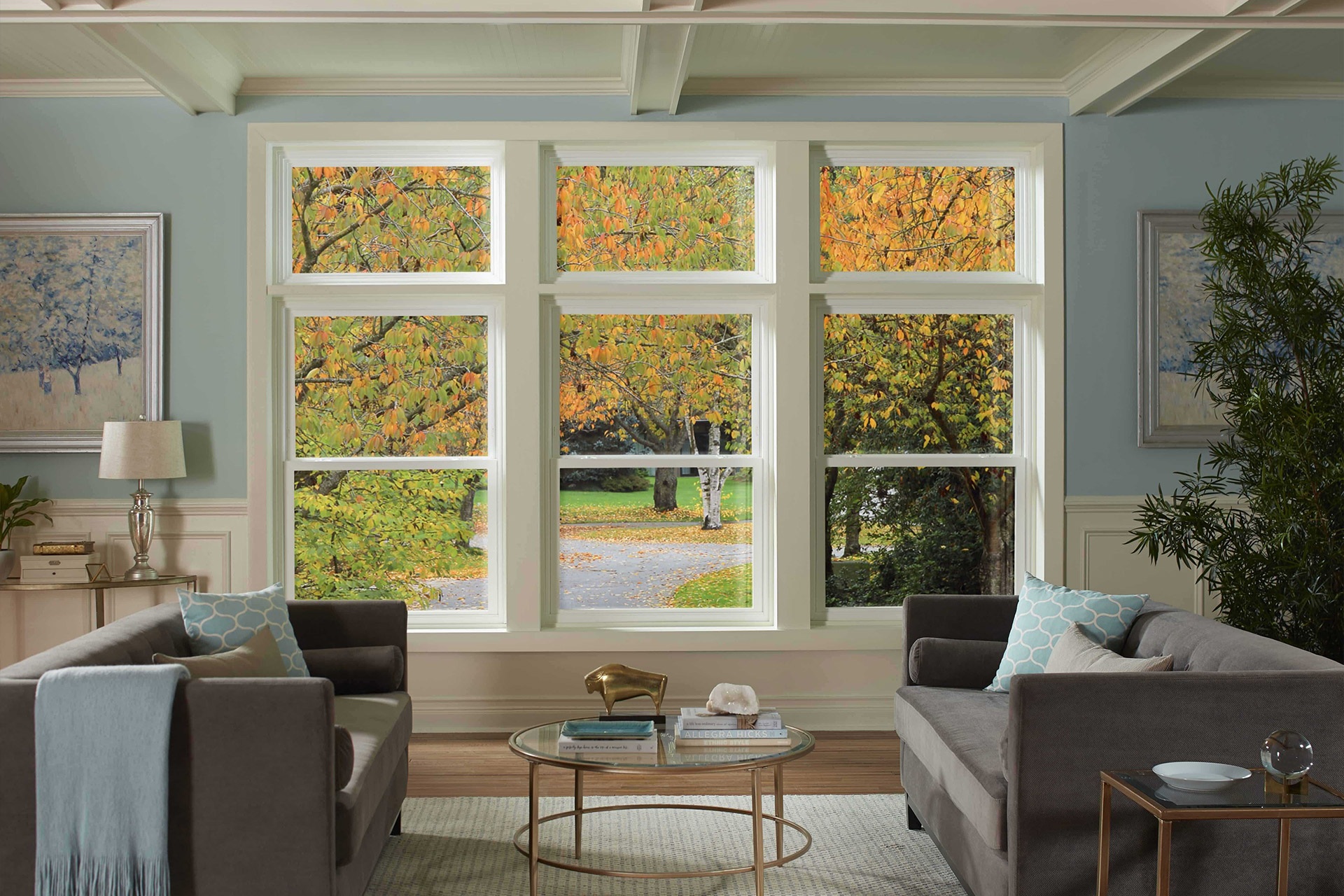Cypress Window Replacement Providers You Can Trust Fund
Upgrade Your Home With Energy-Efficient Window Substitutes
In the realm of home improvement, the choice to update to energy-efficient home window substitutes can significantly impact both the functionality and looks of a residence. Past the surface area degree of plain aesthetics, energy-efficient home windows supply a wide range of advantages that go beyond simple visual allure.
Advantages of Energy-Efficient Windows

The setup of energy-efficient windows gives considerable cost savings on utility costs while improving environmental sustainability. Energy-efficient home windows are created to lessen heat loss and gain, reducing the demand for heating and cooling down systems to burn the midnight oil. By efficiently insulating the home, these home windows help keep a comfortable interior temperature year-round, leading to reduced energy intake and reduced energy expenses. Furthermore, energy-efficient home windows can assist manage moisture degrees within the home, decreasing the risk of mold and mildew and mildew growth.
Past the financial advantages, energy-efficient windows add to ecological sustainability by lowering carbon discharges related to energy manufacturing. By reducing energy use, these home windows help alleviate the ecological influence of lights, heating, and cooling residential spaces. This reduction in energy usage plays an essential function in combating environment adjustment and promoting a greener future for generations to find. On the whole, purchasing energy-efficient windows not only enhances the convenience and effectiveness of a home however likewise lines up with ecologically mindful methods.
Types of Energy-Efficient Glass
Various advanced sorts of energy-efficient glass deal special residential properties that deal with different needs and choices in boosting the sustainability and efficiency of structures. Low-emissivity (Low-E) glass is a preferred alternative created to reduce the amount of ultraviolet and infrared light that can pass via the glass, consequently minimizing warm transfer. This sort of glass aids preserve a consistent indoor temperature, reducing the demand for home heating or cooling systems, and inevitably reducing energy prices. One more ingenious option is spectrally selective glass, which permits visible light to go through while obstructing specific kinds of infrared radiation. This assists in maintaining a comfy indoor setting while reducing warmth gain. Triple-pane glass, including 3 layers of glass with insulating gas in between them, offers boosted thermal insulation, making it highly energy-efficient. Additionally, self-cleaning glass with a special layer that breaks down and loosens up dirt when revealed to sunlight can reduce maintenance needs and maintain windows looking clean. Each kind of energy-efficient glass provides distinct benefits, permitting house owners to pick the most appropriate option based on their particular requirements and goals.
Factors to Think About When Selecting
When pondering energy-efficient home window replacements, it is important to very carefully analyze specific factors that line up with your sustainability goals and preferred power financial savings. One crucial factor to think about is the home window's power efficiency scores, such as the U-factor and Solar Warm Gain Coefficient (SHGC) The U-factor procedures how well the home window protects, with lower numbers showing far better insulation, while the SHGC shows the window's capability to block warm from sunlight. Additionally, the window structure material plays a considerable function in energy efficiency. Products like fiberglass, plastic, or timber with thermal breaks are excellent choices for reducing warmth transfer. An additional crucial consideration is the home window style and alignment concerning sunshine direct exposure. Selecting the right home window design and tactically putting them can make the most of all-natural light while decreasing warmth gain or loss. Lastly, installment high quality is essential to ensuring the home windows do as meant. Proper installation aids avoid air leak, making sure optimal power efficiency. By carefully reviewing these aspects, you can select energy-efficient home windows that improve comfort, reduce power costs, and profit the environment.
Setup and Maintenance Tips

Regular upkeep is essential to preserving the performance of your energy-efficient windows. Examine the weather-stripping and seals for any type of tears or residential window manufacturers spaces and replace them if required to maintain the home windows' energy efficiency. Woodlands window replacement.
On top of that, lube moving parts such as locks and hinges to guarantee smooth procedure. By complying with these installment and maintenance pointers, you can boost the energy effectiveness of your home and prolong the life-span of your energy-efficient windows.
Cost-Benefit Evaluation of Upgrading

Energy-efficient windows are made to decrease warmth transfer, reducing the need for home heating and cooling down systems to work overtime. This can result in significant financial savings on power power window off track repair cost costs, particularly in regions with extreme temperature levels. In addition, energy-efficient windows can enhance the total worth of your home, making it much more attractive to prospective purchasers if you decide to market in the future.
When determining the cost-benefit analysis, factor in the possible cost savings on energy costs, any type of available motivations or refunds, and the lifespan of the home windows. While the initial price may be greater, the long-lasting savings and benefits of energy-efficient windows make them a smart investment for house owners aiming to improve their residential or commercial property's power effectiveness and value.

Conclusion
In conclusion, updating to energy-efficient home window substitutes uses numerous advantages such as reduced energy consumption, raised convenience, and price savings. By picking the appropriate sort of energy-efficient glass and taking into consideration elements like framework material and setup, house owners can optimize the efficiency of their windows. Normal maintenance and proper Clicking Here setup are vital for long-term performance. On the whole, the cost-benefit analysis of upgrading to energy-efficient windows reveals that the initial investment can result in considerable financial savings in the future.
When pondering energy-efficient home window substitutes, it is crucial to meticulously examine certain aspects that line up with your sustainability goals and wanted energy savings. The U-factor actions just how well the home window insulates, with lower numbers suggesting far better insulation, while the SHGC shows the window's capability to block heat from sunshine. By carefully evaluating these factors, you can pick energy-efficient home windows that boost convenience, lower energy costs, and profit the setting.
While energy-efficient windows may have a greater ahead of time price compared to conventional windows, the lasting benefits typically outweigh the first investment.In conclusion, upgrading to energy-efficient home window substitutes supplies countless advantages such as lowered power consumption, raised convenience, and cost financial savings.